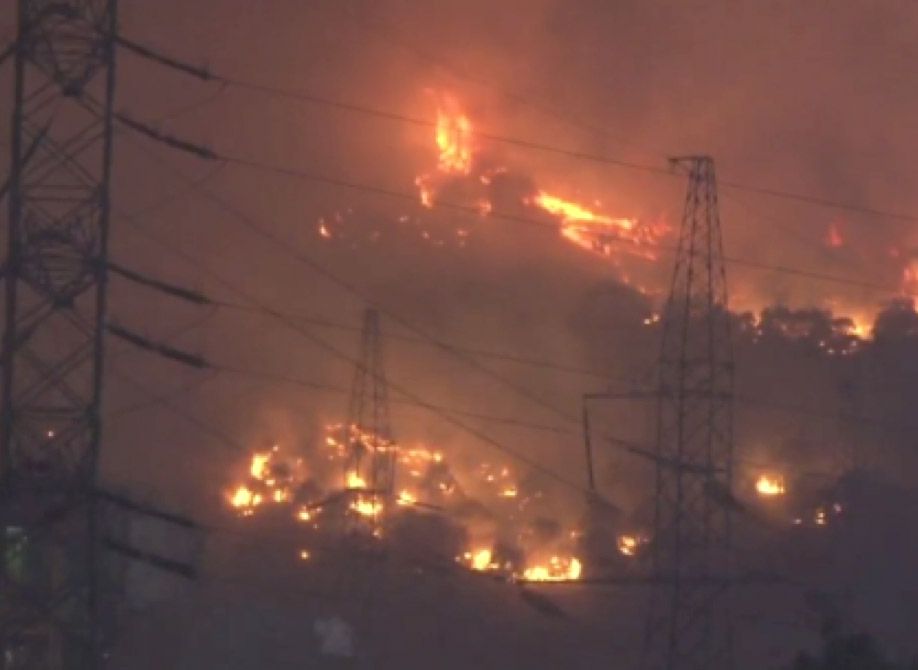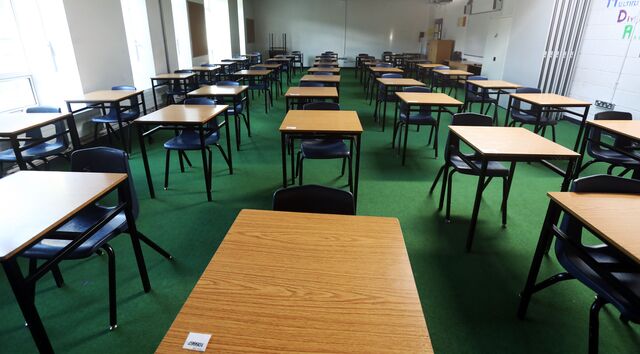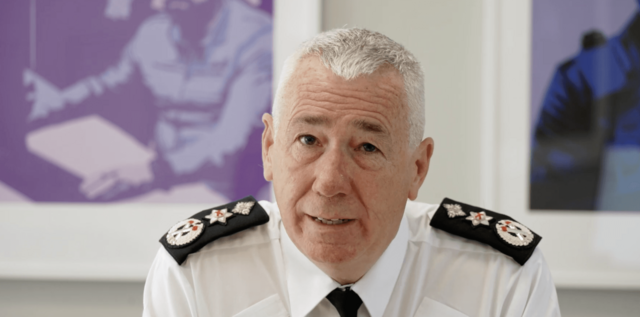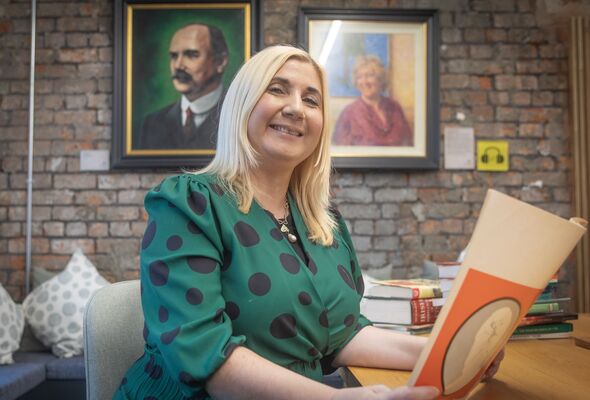ON August 12 the Intergovernmental Panel on Climate Change released a report that held every news headline for an evening.
Global warming is getting worse and global warming is as a result of human behaviours. Accompanying apocalyptic imagery of weather events this year provided the backdrop to breathless reporters outlining the gravity of the findings.
On August 15 the Taliban rolled into Kabul as the American and British presence was withdrawn and their puppets fled. Accompanying images of men in headdress with guns and big Land Cruisers were played then replayed. Breathless reporters spoke of “fears” and US failures of “intelligence”.
It was highly instructive that people locally had more to say about the Taliban and prospects for women living in that country than they did about rising sea levels. Television news is far less relevant than it was ten years ago, so news cycles have less impact than, say, social media. But if my social media is anything to go by it is clear that this is one occasion where one reflects the other.
I choose to focus on what I can influence. I can try to offset my carbon footprint by planting native trees. I decide that grass is better than artificial grass, or that pollinators are better than lawn. If our street decides to have a bike path to the local school, so it’s safer to cycle than drive, that would make a difference.
In the same week temperatures across southern Europe have hovered just under 50 degrees Celsius. The wine crop in southern France was declared failed and its forests went on fire. Greece and Turkey are on fire for weeks, with firefighters from across Europe looking at the flames in exhaustion.
Somehow the climate debate has been “othered” so that it feels too big to engage with. It feels too scientificky. It has been made about big pharma or big oil companies, too big for the ordinary person to feel that they have any control, or personal impact. So, we switch off from that and concentrate instead on other news put in front of us. Somehow, we are made to feel more invested in women in Kandahar, while completely ignoring women in Riyadh, than we are in the environmental choices available to us in our homes, streets or own city. Clever trick.
I am not in any way diminishing the experience of women in Afghanistan, or Saudi Arabia, or the evident contradictions in worrying about one set of women and forgetting the others. But I am concerned that my attention is being deliberately diverted towards a Western narrative on the Middle East; meanwhile, the earth is on fire, largely as a result of Western economic policy.
I choose to focus on what I can influence. I can try to offset my carbon footprint by planting native trees. I decide that grass is better than artificial grass, or that pollinators are better than lawn. If our street decides to have a bike path to the local school, so it’s safer to cycle than drive, that would make a difference.
Climate change might be irreversible at this stage, but we can mitigate how bad it gets. To be kind, current governments are minimalist on climate and only too happy to be outraged about the “enemy” in the Middle East – whoever they determine that might be – rather than make big decisions on climate which might be unpopular with their constituents. It is only the electorates that change that. If our streets had their own climate summits to make changes, we would be taking power back into our own hands and making meaningful change to the way in which we think about climate – it is not them, it is us.








